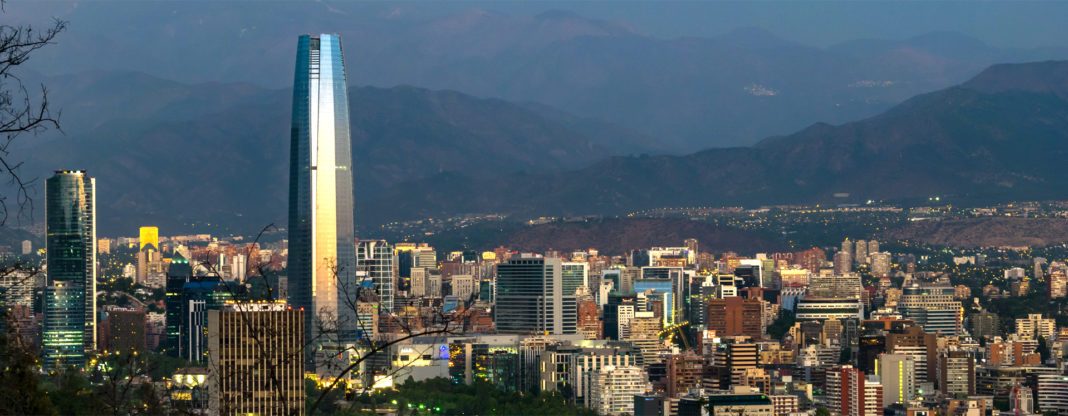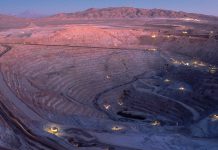Zambia can learn from Chile about how good mining, economic and fiscal policies, implemented consistently over time, bring measurable benefits to all citizens.
Chile, in South America, is the world’s largest producer of copper. However, Zambia and Chile share many similarities: their surface area and population are virtually identical; they are both heavily dependent on mining; and they both receive more than 50% of their foreign revenue from copper.

In 1970, Zambia and Chile were both producing about 680 000 tonnes of copper. Since then, Chile has grown both its mining sector and its economy more than Zambia. Today, Chile produces 8 times as much copper as Zambia, has a larger economy, a lower poverty rate and a higher overall standard of living for its citizens.
And it is thanks to its mining industry that the country has been able to grow its economy. “Mining has led the country towards greater levels of wealth and prosperity, and is a large part of the reason why Chile is well on its way to being considered as an advanced economy,” says a 2014 report, The Future of Mining in Chile.
According to the World Bank’s 2014 rankings, Chile is now classified as a high-income country, with a Gross National Income (GNI) per head of population of $14 910, while Zambia is classified as a lower middle-income country, with a GNI of $1 680.
Given the similarities between the two countries, from both a mining and broader economic perspective, Chile holds valuable lessons as Zambia seeks to attract investment, boost copper production, and ensure that all citizens benefit from the wealth generated by copper. Consider the following:
- Chile’s mining tax regime is relatively stable. It has had only two changes in the past 10 years, compared to eight for Zambia over the same period;
- Most mining projects are governed by an invariability clause, which guarantees that the tax regime in place at the time of signing the contract will persist for a certain number of years – up to 12 years for small projects and 20 years for large projects;
- Chile actively encourages foreign direct investment (FDI) through a solid legal framework, substantial tax incentives and very few restrictions – there are no limits on foreign ownership or control of business entities, and no discrimination against foreign investors, who receive similar treatment to Chilean nationals;
- Chile’s government cannot just spend freely, especially when the copper price is high, but has to generate a surplus every year, and put money aside for a rainy day in a sovereign wealth fund. This is enshrined in law in terms of the Structural Surplus Fiscal Rule. The accumulated reserves have reached nearly $15 billion in 2016;
- On a continent notorious for corruption, Chile is the least-corrupt country in South America. Transparency International’s annual corruption-perception index for 2015 ranked Chile 23rd out of 168 countries, ahead of Spain (50th), Italy (61st) and Zambia (76th).
“Chile’s government has to put money aside for a rainy day in a sovereign wealth fund”
Ultimately, Chile is a good place to conduct business. The Economist Intelligence Unit, in its 2014-18 survey of the friendliest countries to do business in, rates Chile 13th out of 82 countries, well ahead of the UK, France and South Korea.
Of course, Chile is not immune from the many mining challenges which Zambia is currently facing. These include high energy costs, falling copper grades, the impact of the recent Chinese slowdown on profitability and employment, and an over-reliance on mining revenue as the main source of tax revenue and foreign earnings.
However, Chile’s strong fundamentals – a vibrant market economy, good mining policies and an investor-friendly business environment – means it is better able to deal with the current market downturn, and continue to grow its economy.
Yet, the country is not resting on its laurels. “Mining has given a lot to Chile. A shared vision, an appetite for innovation, and strong leadership will ensure that mining continues to drive economic growth for the country well into the future,” says the The Future of Mining in Chile report.
Nathan Chishimba
President: Zambia Chamber of Mines


























